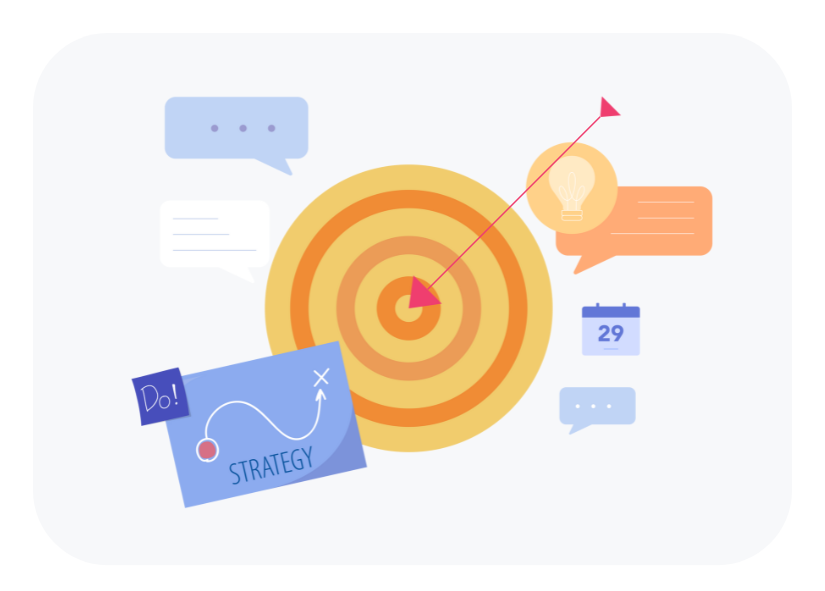At the start of a school year, everyone is fresh from holidays and there is an air of enthusiasm in the school. How we start a year paves the way for the next 40 weeks. I used to jump right in with not much thought about the start of a school year and technology. A device was issued, maybe there was a discussion about cyber safety and then the floodgates opened. If I had my time again I would follow these five steps.
[bctt tweet=”These five steps will help make a successful start to the school year with technology” username=”adifrancis”]
- Don’t turn on the device.
- Establish agreed rules of engagement.
- Build a list of key ways to save battery life.
- Teach how to watch a video for learning.
- Teach how to search efficiently.
Step 1 – Don’t turn on the device.
Start building relationships with your students and resist the temptation to get them to make a presentation about their holidays on their device. I am sure we can name the teachers who had a major impact on us when we were at school, and I say that most of these are the ones who formed a strong, positive relationship with you. Have a chat with the students, organise an activity where they chat to each other. I have run a ‘speed dating ‘ activity where we all find out 3 things about each other and then quickly move to someone else. To quote @AngelaMaiers – ‘If you don’t first secure students’ hearts, you don’t have a shot at their brains.’
RT @AngelaMaiers If you don’t first secure students’ hearts, you don’t have a shot at their brain. #EdChat #Education pic.twitter.com/TXELHpwjLU
— Using Tech Better (@Usingtechbetter) February 6, 2018
Step 2 – Establish agreed rules of engagement.
Setting aside some time to build a code of conduct in relation to the use of technology in your class is time well spent. It helps everyone be on the same page and can reduce conflict in the future. Many schools have a generic one for the whole school which can be personalised for your class. Such things as ‘screens down during discussions’ can really help in the long term.
Step 3 – Build a list of key ways to save battery life.
A flat battery not only disrupts your class, but it can prevent a student from learning efficiently. Build a list of tips to save battery life and post them in your classroom.
[bctt tweet=” Build a list of tips to save battery life and post them in your classroom. ” username=”adifrancis”]
Such things may include:
- Turning down the brightness of your screen.
- Turn off backlit keys (they look great, but drain power).
- Adjust the settings so that the screen, hard drive and processor goes to sleep after 5 minutes.
- YouTube uses a lot of power, so monitor and minimise the number of clips watched until you can plug in.
- Disable Bluetooth unless you are using it.
- Turn off apps that you aren’t using. Sometimes apps run in the background and constantly drain power.
- Reduce the number of tabs open in your browser. Use an extension like OneTab or Too Many Tabs for Chrome.
- Use your devices battery saver feature, if it has one.
Step 4 – Teach how to watch a video for learning.
Videos can be used a lot in the classroom, especially when you have a device per student. The issue I have found is that students often just watch YouTube for entertainment, and when we ask them to watch for learning, they struggle. It is good to teach students to:
- Pause the video to take notes or sketchnotes to capture the key points.
- Read the notes and make sure they understand the concepts.
- Re-watch the video to see if they missed something.
I would do this as a class activity, then set it as a homework task and discuss what was learnt from the video. Occasionally during the year, I would revisit these skills. The time spent at the start of a year teaching and modelling these skills will definitely pay off in the long term.
Step 5 – Teach how to search efficiently.
When posed with a question, we often say ‘just Google it’. Search is an amazing tool, but seldom do we as teachers understand how to get the best results and how to use it well.
[bctt tweet=”Google Search is an amazing tool, and we as teachers need to understand how to get the best results and how to use it well” username=”adifrancis”]
Search is used in research and we really want students to be able to research efficiently and develop their understanding and knowledge. Here are some great blog posts that will help you and your students use search more efficiently:
- How to Search part 1
- How to Search part 2
- Using Advanced Search
- Using the Explore tool to build research skills
- How to find relevant content on a page
The start of the school year with technology can be messy, but by following these five steps your journey may be easier. Also, the relationships you build with students will create a sense of community and, belonging with technology assisting learning.
[bctt tweet=”The start of the school year with technology can be messy, but by following these five steps your journey may be easier.” username=”adifrancis”]
Have you got any other tips you could share? If so please add them to the comments section.

















